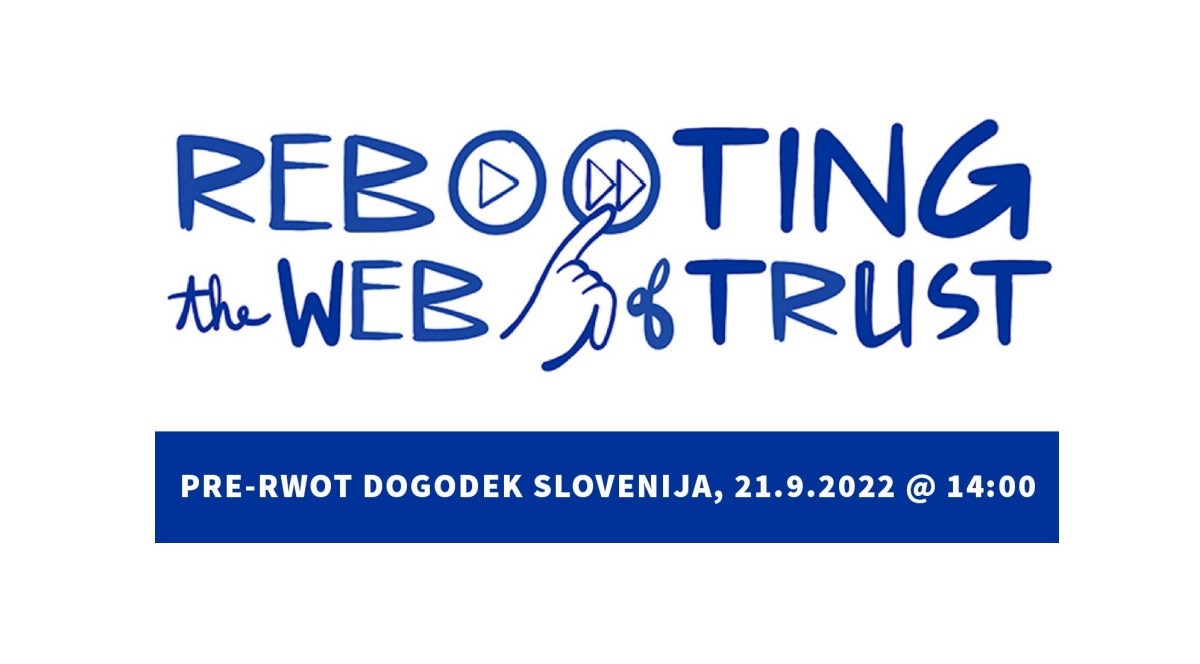Contrary to expectations, the coronavirus pandemic has had only a limited impact on the digitalisation of small businesses (SMEs). In fact, there is only a clear impact in the area of ‘operation and administration’, where seven out of 10 SMEs estimate that the coronavirus pandemic has accelerated the use of digital technologies. Operations and administration cover, for example, the use of Teams, Zoom and the use of financial and accounting systems. On the other hand, there is no clear impact of the coronavirus pandemic when looking at the digitalisation of ‘buying and selling’, ‘production’ and ‘data analysis’.
This shows a new questionnaire survey of SMEs’ use of digital technologies and their advisory needs, prepared by the research institute Seismonaut on behalf of the CSF – Danish auditors, Dansk IT and the Technology Pact. The analysis is based on responses from 1,029 Danish SMEs and 131 approved auditors.
Anders Lau, Head of Communication & Analysis in the CSF – Danish auditors, had expected a clearer effect from the fact that society has been shut down as a result of the pandemic:
“There has been a lot of talk about the fact that the coronavirus pandemic has helped accelerate the digitalisation of business and society in general. Unfortunately, this is not very clear among the smallest companies that are already lagging behind with the use of new technology. Because even though many people use Teams and have been given power to their finances and accounts, according to our analysis, there is no clear effect on the digitalisation of e.g. production or of purchases and sales,” says Anders Lau.
The winnings are too small.
If Danish SMEs are to continue to generate growth and productivity, it is important that more SMEs continue the digital transformation and become familiar with some of the more advanced digital technologies that, for example, can strengthen production or buy and sell. Although Denmark prides itself on being one of the most digitised countries in the EU, Danish SMEs’ use of new and more advanced technologies is lagging behind other European countries.
At the same time, according to the analysis, there is still a small group of approximately 10 per cent of SMEs, which have not started the digital transformation at all, nor use even simple technologies such as online meeting systems, financial and accounting systems, electronic invoicing, etc. One explanation may be that up to one in five SMEs consider that the benefits of using the new technologies are too small or unclear.
“When SMEs doubt the benefits of digitising, it makes sense that companies do not prioritise resources and the recruitment of digital skills. At the same time, only about one tenth of the company currently uses the company’s board of directors to get strategic advice on digital technologies. Here we see an untapped potential for bringing digital profiles directly into the company’s strategic work. SMEs can strengthen their digital strategy by bringing digital competences into the boardroom and/or creating an advisory board with a digital mindset,” says Annemarie Vitoft, Chairman of the Danish IT Business Committee.
Great lack of skills
Staff and management skillsshortages and lack of resources are some of the main obstacles for SMEs to make better use of new technologies. Approximately 30 % of SMEs estimate that lack of skills and lack of resources is hampering the digital development of SMEs. The same picture recurs when one asks about the expected challenges faced by SMEs in exploiting the technologies in the next three years. If Danish SMEs are to succeed in international competition, they will have to be more open to the digital opportunities and prioritise digital and technological upgrading of both employees and management, says Christian Vintergaard, CEO of the Technology Pact.
One of Denmark’s most pressing challenges these years is the lack of skilled labour. The tasks that need to be addressed in the workplace are increasingly complex and, among other things, increase the requirements for digital skills. Right now, Denmark is among Europe’s digital frontrunners, and our starting point in global competition is therefore good. But if we are to continue to maintain our position of strength, we need to put ourselves even more into the belt when it comes to digital training of both employees and management,” says Christian Vintergaard.
The need for advice
The challenges of exploiting technologies mean that many SMEs seek external advice. Not surprisingly, there is the greatest demand for IT consultants, but also auditors and audit houses are sought-after advisors when SMEs need help in digital transformation. Approximately one in five SMEs report that they have received advice from auditors or audit houses to take advantage of digital technologies.
“It is obvious that auditors use their knowledge and contact with customers to push the digital development of SMEs. Some auditors are already well underway, but there is room for improvement. We must help our members to be able to advise customers on the digital options. And then we need to look at the possibilities of creating collaboration between accountants and e.g. technology providers for the benefit of the business community,” says Anders Lau.
Saznaj više
-
Digitalna tehnologija / specijalizacija:
Digitalne vještine
-
Razina digitalnih vještina:
Napredno
Osnovno
Stručnjak za digitalni sektor
Srednja
-
Geografski opseg - Država:
Danska
-
Vrsta inicijative:
Nacionalna inicijativa




